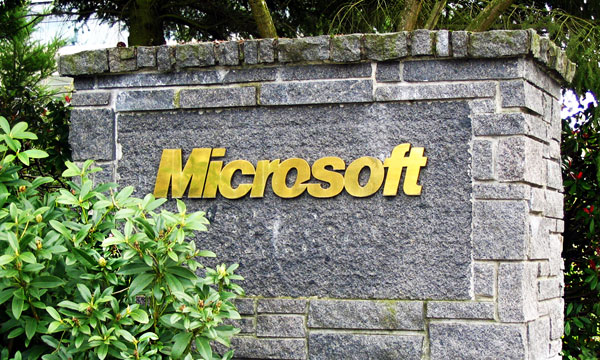Microsoft this week announced that SQL Server 2016 will be generally available June 1.
It will deliver an end-to-end data management and business analytics solution with mission-critical intelligence, according to the company.
Built into the software are end-to-end mobile business intelligence on any device, in-database advanced analytics, in-memory capabilities optimized for all workloads, and a consistent experience from on-premises to the cloud, Microsoft said.
“The announcement suggests Microsoft is taking into consideration the needs of enterprise customers,” said Fernando Cruz, an analyst at Nucleus Research.
“This is reflected in the investments it has made to reinvigorate Microsoft SharePoint,” he told TechNewsWorld.
Microsoft will offer three versions of SQL Server 2016: Enterprise, Standard and Express. The company in March offered a Developer edition as a free download.
Unified Experience
The package will let users “scale performance with cost efficiency,” suggested Anne Moxie, a senior analyst at Nucleus Research. “They won’t have to invest as heavily in infrastructure to achieve computing capabilities that will be able to accommodate peaks in use.”
Microsoft “has been working on unifying its organization across the board,” she told TechNewsWorld.
Customers “will experience higher ROI from the combination of relational and nonrelational data, [which] makes up the large majority of data available,” Moxie said. Using the two together for complete analysis is critical.
Strong Hybrid Solution
SQL Server 2016 will let users host Microsoft’s Azure cloud locally “so it will also run on premises on a local Azure instance,” pointed out Rob Enderle, principal analyst at the Enderle Group.
“This may be one of the strongest hybrid solutions we’ve seen so far, given the near-identical platforms of public and private Azure,” he told TechNewsWorld.
Azure “represents a more agile platform than we’ve seen before,” Enderle continued. “In a way, it obsolesces the traditional cloud because it potentially extends from on-premises to hosted with virtually no change, so the concept of on-premises versus cloud is obsolete.”
Duking It Out With Oracle, Newbies
With SQL Server 2016, Microsoft isn’t just targeting its own customer base — it’s also challenging Oracle. In March, it offered free licenses to Oracle customers to make the switch.
However, switchers would have to subscribe to Microsoft’s Software Assurance program.
The offer is good until June 30 and includes support services to kick-start migration, access to SQL Server Essentials, and free DBA training.
“Given the importance of the sales generated by Microsoft’s server group to the company as a whole,” getting existing clients to upgrade is a critical issue, pointed out Charles King, principal analyst at Pund-IT.
“Microsoft also wants to aggressively grow that business, and Oracle customers constitute the largest pool of potential new clients,” he told TechNewsWorld “Controversies about Oracle’s pricing model and policies could result in a great deal of interest in Microsoft’s offer.”
Further, there’s “growing interest in alternative open source database solutions running on industry-standard x86 hardware,” and Microsoft likely will position SQL Server 2016 “to strengthen its hand against those upstart offerings,” King surmised.
Pricing and Other Issues
Microsoft announced that it will charge for SQL Server 2016 on a per-core basis rather than per processor, and that has raised some hackles.
However, “this is similar to Oracle’s pricing and represents an industry trend. The old pricing forced decisions that favored high core counts in single processors, which often hurt performance and increased thermal management issues,” Enderle said.
“The Linux support and hybrid advantages should let [SQL Server 2016] stand out, and the pricing changes should focus buyers back on performance, where it should be, and off gaming prices with processor architectures,” he suggested.
Linux support for SQL Server 2016 will be available mid-2017.
























































Great article! I do agree, SQL Azure has a lot of features that represent an evolution for us, programmers. Take a look on another quick review to complement this article, where you can see other advantages and comparisons. http://webcreek.com/2016/04/17/what-is-sql-azure/